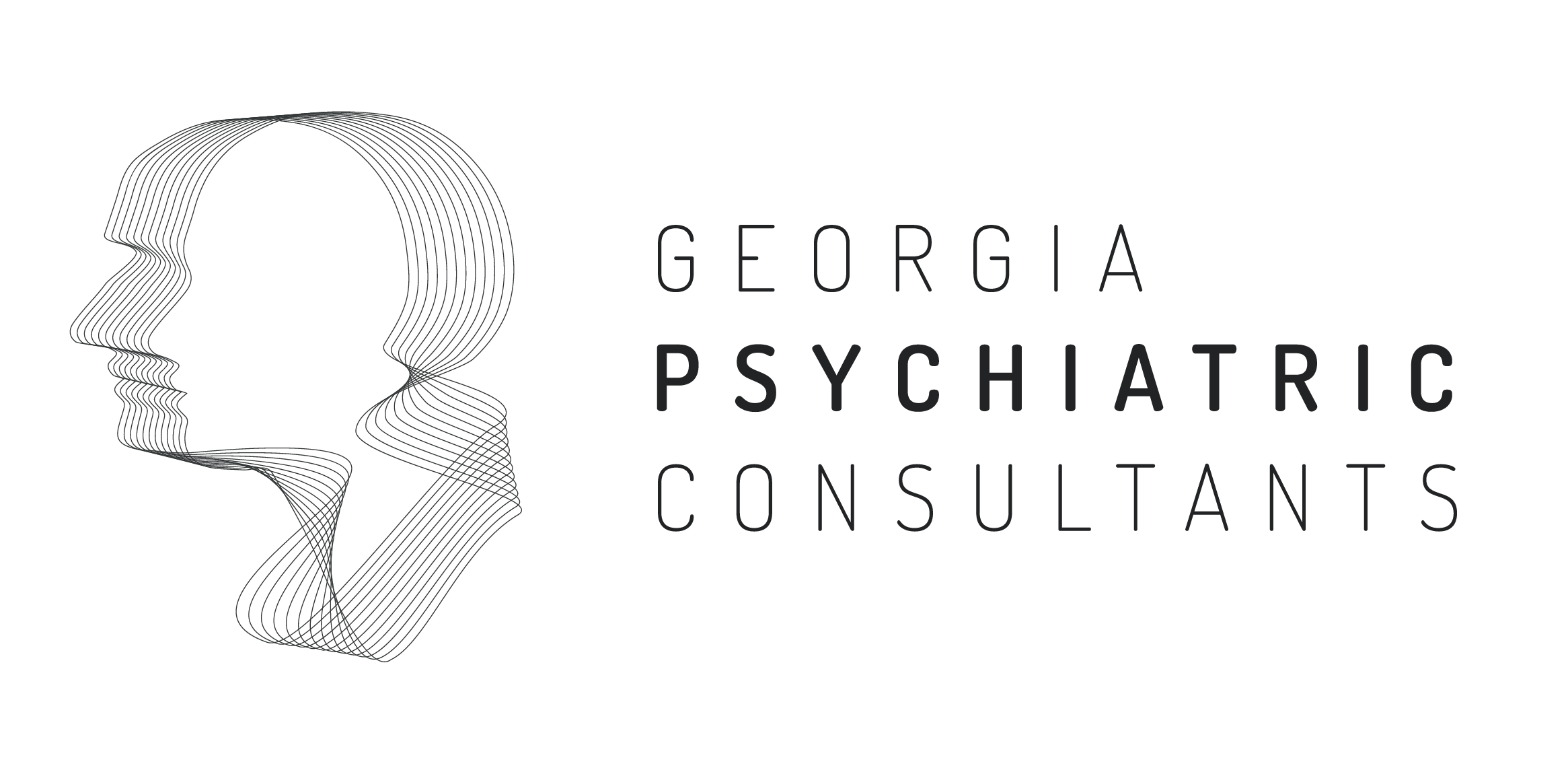
There’s no single cause for suicide. Suicide most often when someone suffering from a mental health condition is unable, or no longer able, to cope with their stressors. Over 90% of people who die by suicide have clinical depression or another diagnosable mental disorder such as bipolar (manic-depressive) disorder, schizophrenia, borderline or antisocial personality disorder, psychotic and/or anxiety disorder. While depression is the most common condition associated with suicide, and it is often undiagnosed or untreated.
According to the American Foundation for Suicide Prevention, suicide is the 10th leading cause of death in the United States with 42,773 Americans dying by suicide every year. They estimate the numbers to be higher but believe the stigma surrounding suicide leads to underreporting.
Be aware if a person you believe may be suicidal changes their behavior or exhibits entirely new behaviors, especially if the behaviors are related to a painful event, loss or change. Most people who take their lives exhibit one or more these warning signs:
- Talking about wanting to die or to kill oneself.
- Preoccupation with death.
- Looking for a way to kill oneself, such as searching online or buying a gun.
- Talking about feeling hopeless or having no reason to live
- Talking about feeling trapped or in unbearable pain.
- Talking about being a burden to others.
- Acting anxious or agitated; behaving recklessly.
- Sleeping too little or too much.
- Withdrawn or feeling isolated.
- Showing rage and anger or talking about seeking revenge.
- Self-destructive behavior such as alcohol and/or drug abuse, weapons, etc.
- Displaying extreme mood swings.
- Loss of interest in things one cares about.
- Visiting or calling people to say goodbye.
- Making arrangements; setting one’s affairs in order.
- Giving things away, such as prized possessions.
If you believe someone to be in imminent danger of committing suicide, take that person seriously and do not leave them alone. Listen to what they are saying and urge them to seek immediate help from a doctor or mental health professional. You will have to be persistent because the person will likely believe that help is not possible and you will likely need to accompany him or her to the nearest emergency room or call 911.
Remember, any talk of suicide is always an emergency. Take your loved one seriously and assist them in getting the help that they deserve. Also, encouraging your loved ones to seek treatment now for possible mental health disorders can help prevent possible future thoughts or attempts at suicide due to their disorder. Call Georgia Psychiatric Consultants today.


